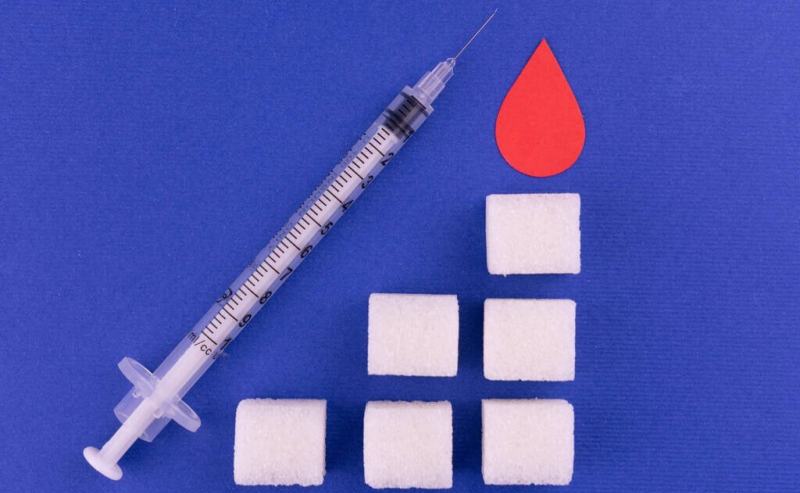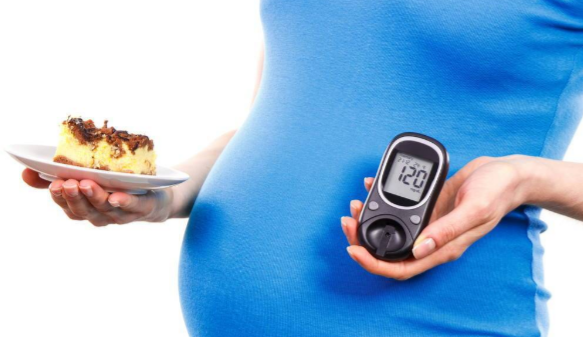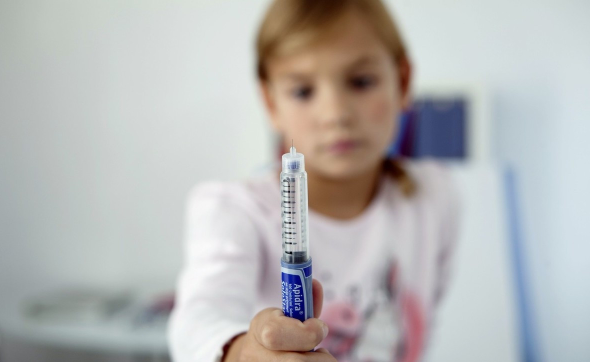Insulin and oral hypoglycemic drugs are both ways to control blood sugar. The general diabetes control route is: diet control → oral hypoglycemic drugs → insulin injection. Diet control is the first step in lowering blood sugar and is the preferred treatment option during prediabetes.Which is better insulin or medicine for diabetes?
Once you are diagnosed with diabetes, you cannot control your sugar by diet alone, you must take medicine or take insulin. But in the end, under what circumstances should I take hypoglycemic drugs and under what circumstances should I take insulin? Come today to answer for sugar lovers.
2 situations where you must take insulin

Type 1 diabetes. For people with type 1 diabetes, insulin has to be shot. Due to problems such as heredity and genetic defects, patients with type 1 diabetes have basically lost the ability to secrete insulin, and can only rely on insulin injections to lower blood sugar. Type 1 diabetes occurs mostly in children and adolescents, but can also occur at various other ages. The onset of the patient is relatively sharp, the insulin in the body is absolutely insufficient, and ketoacidosis is prone to occur. It is necessary to treat with insulin to obtain a satisfactory effect, otherwise it will be life-threatening.
Gestational diabetes. Women with gestational diabetes or diabetes and pregnancy, also known as “sugar moms”, must also choose insulin therapy. Because if you take oral hypoglycemic drugs, the drugs will pass through the placenta, which will adversely affect the nutritional metabolism and development of the fetus. Insulin is a macromolecular protein that does not enter the fetus through the placenta and has no adverse effect on the fetus. Therefore, for the health of the baby in the womb, “sugar mothers” are best to use insulin to lower blood sugar.
In these 3 cases of type 2 diabetes, you need to take insulin in time

After diet control + oral hypoglycemic drugs, blood sugar is still not up to standard. The Chinese Guidelines for Type 2 Diabetes recommends a flowchart of the standard treatment of diabetes. diabetes treatment process. However, if the lifestyle is already healthy, the taboos are strictly adhered to, and the blood sugar is still not up to the standard after combined oral medication, then the doctor will recommend you to start insulin therapy. Generally, insulin therapy should be started when the glycated hemoglobin is still greater than 7% after the maximum dose of 2-dose oral drug therapy.
People with high blood sugar just diagnosed with diabetes. For newly diagnosed diabetic patients, after receiving intensive insulin therapy for a short time (1 to 2 weeks) and correcting blood sugar, the blood sugar level can remain stable for a long time after the drug is stopped. During this period, patients do not need medication other than to improve their lifestyle, but the patient’s blood sugar levels continue to rise gradually thereafter.
For newly diagnosed patients with type 2 diabetes, intensive treatment with insulin injections is given when blood sugar is high in the initial stage. The injected insulin can effectively rest the beta cells, thereby restoring cell function, and inducing a stable state for a period of time, which is conducive to stable blood sugar control in the future.
Complications or stressful states occur. People with diabetes who have the following complications or stress state also need to use insulin treatment: In the case of severe acute complications or stress state, insulin needs to be temporarily used to pass the dangerous period. Such as non-ketotic hyperosmolar coma, lactic acidosis, ketoacidosis, severe infection, etc.

When serious chronic complications occur, such as severe diabetic nephropathy, diabetic foot, etc. Newly diagnosed, difficult to differentiate from type 1 diabetes, and thin diabetic patients, insulin should be used as a first-line drug. In the course of diabetes, there is no obvious cause of weight loss, and insulin treatment should be used as soon as possible.
Secondary diabetes and specific diabetes.
Combined with some other serious diseases such as coronary heart disease, cerebrovascular disease, blood disease, liver disease, collagen disease (lupus erythematosus, nodular arteritis, scleroderma, rheumatoid) and so on. Many people with diabetes think that insulin is a treatment for diabetes that will only be used in the later stages, but this is not the case. For many people, including those with newly diagnosed type 2 diabetes, insulin is an option that cannot be ruled out.
Insulin has many advantages that cannot be achieved by oral drugs, such as faster action, better effect, finer dose adjustment, and no unknown adverse effects. So don’t reject insulin because you’re afraid of injections, just use it when you need it.
Read more tips about health and fitness http://www.growmorehealth.com
